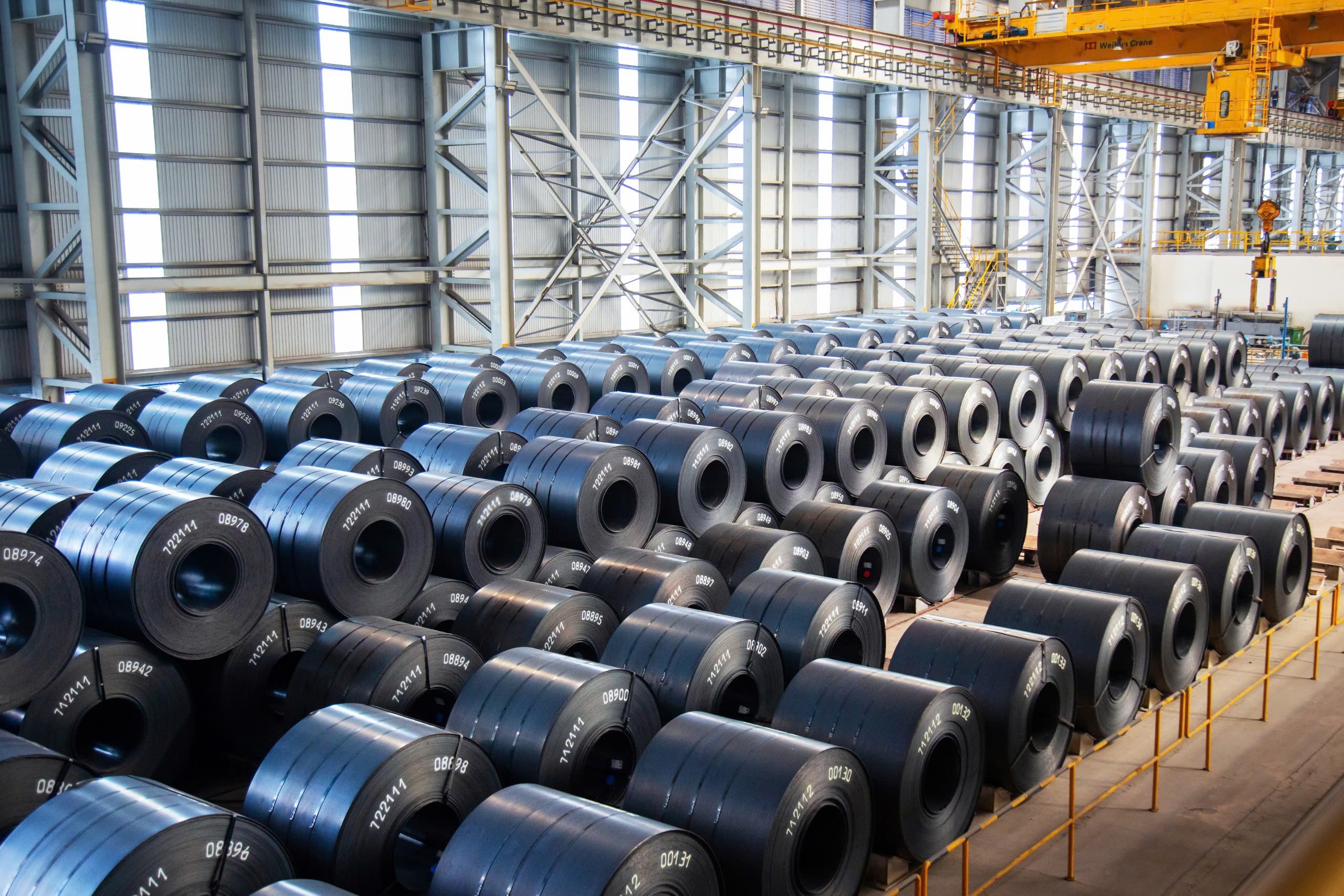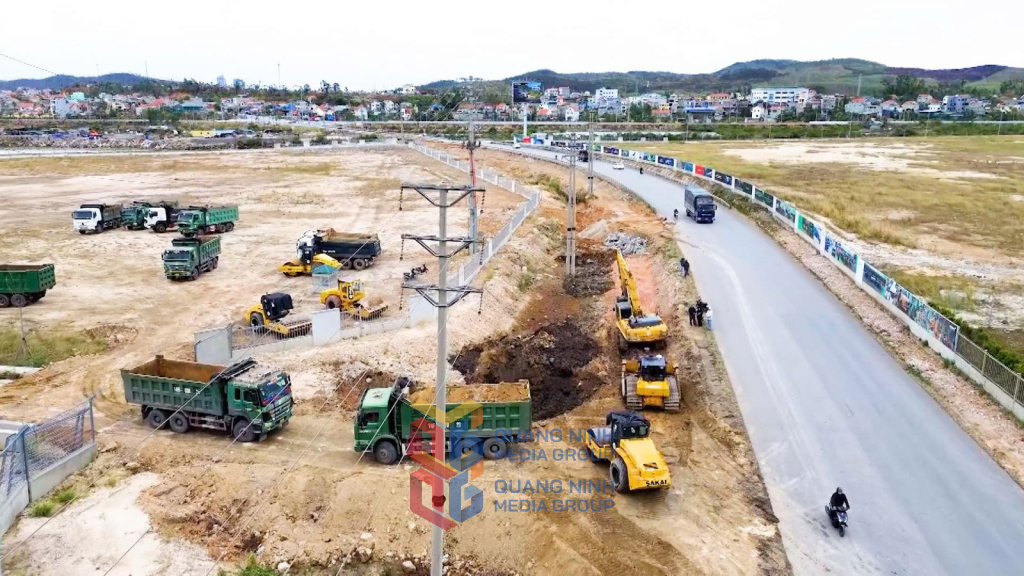Japan's listed companies' combined net profit rose 10% in the second quarter of 2024 from a year earlier, driven by strong demand for artificial intelligence (AI) and a weak yen, data compiled by Nikkei showed.
 |
| Companies listed on Tokyo's Prime Market saw three consecutive years of record profits. (Source: Nikkei) |
Toyota, Hitachi were among the winners in the April-June period, bucking a downward trend from China that dragged down other companies.
Nikkei's analysis is based on financial statements from 1,044 listed companies that have released results as of Aug. 9 - equivalent to 96% of companies on the premium Prime stock market with fiscal years ending in March 2024, excluding some subsidiaries whose parent companies are also listed.
Overall net profit rose 10% year-on-year to 14 trillion yen ($95.6 billion), up from a 9% increase in the first quarter of 2024. Net profit at manufacturing companies rose 7% to 6.6 trillion yen, while net profit at non-manufacturing companies rose 13% to 7.4 trillion yen.
Corporate earnings were helped by a weak yen. The average exchange rate in the second quarter of 2024 was around 156 yen to the dollar, about 20 yen weaker than the same period last year. Toyota Motor's net profit rose 2%, with the weak yen helping boost operating profit by 370 billion yen, offsetting the suspension of some models due to a safety certification scandal.
In addition, rising demand for AI-related products and services also provided momentum for listed companies. Hitachi’s power transmission and distribution network business performed well thanks to the expansion of power-hungry data centers used in the development of generative AI. The company’s information technology services business using generative AI also grew, helping the company’s total net profit increase 2.5 times compared to the same period last year.
Semiconductor test equipment maker Advantest saw its net profit jump 2.6 times on a surge in shipments of test equipment for generative AI chips.
But the quarterly results also highlighted factors that were holding back growth for some companies, including challenges in China and the U.S. markets. Demand was flat in China, where the property market continued to weaken. Omron’s factory automation equipment suffered a weak sales performance, sending the company into a second-quarter loss, its first in 15 years. Nissan Motor’s net profit fell 73% as U.S. auto sales fell 3%.
Another factor is labor shortages. Yamato Holdings, which operates a package delivery service, and other businesses have seen their net losses widen. With a shortage of truck drivers due to the Japanese government ’s new overtime limit earlier this year, the company has had to absorb increased costs, such as new cargo planes and efforts to improve efficiency in its logistics network.
Source: https://baoquocte.vn/ly-giai-loi-the-cac-cong-ty-niem-yet-cua-nhat-ban-khi-dong-yen-yeu-282156.html












![[Video] Vietnam - UK relations through New Year greetings from diplomats](https://vrviet.vn/vietnam/resource/IMAGE/2025/3/18/5e8f81a959394c799e74008ddf1e24d7)






















Comment (0)